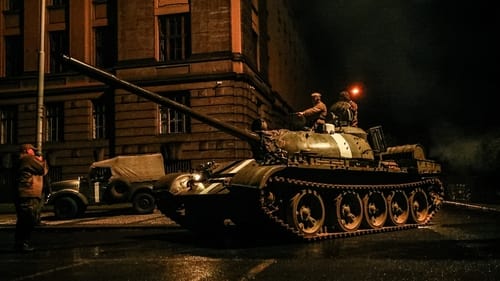
Director
A drama that tells the story of the physician and politician MUDr. František Kriegel, the hero of the Prague Spring of 1968, who was arrested and kidnapped to Moscow on the night of August 21st together with five leaders of the party and the state (Dubček, Černík, Smrkovský, Špaček and Šimon). He was the only Czechoslovak politician who managed to stand up to Brezhnev in Moscow captivity, even under the threat of liquidation, and not to sign the Moscow Protovol which meant agreeing to the occupation of Czechoslovakia in 1968.
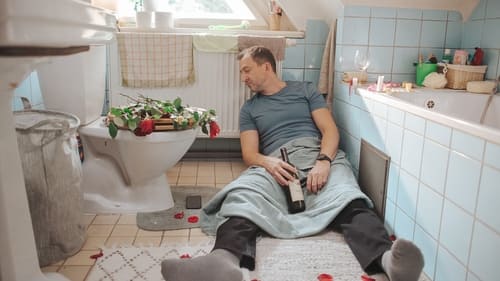
Director

Director
An adaptation of a best-selling novel by Michal Viewegh is a comedy about friendship, fateful loves, beauty and ugliness, alcohol, and the search for human happiness. The plot revolves around three friends - Jeff, Skippy and Tom - whose ups and downs and relationship breakups keep bringing them back to a shared bachelor apartment. Their counterparts in the story are two women - the class beauty Eva, who becomes the object of desire of all three guys in turn, and the ugly Hujerova, whose ironic attitude to herself and life in general gives her the ability to survive in a world that prizes beauty and to find her own path to happiness. - Czech film center

Director

Director
The series follows Cyril and Methodius, two Byzantine Greek brothers born in the 9th century. They became missionaries of Christianity and influenced the cultural development of the Great Moravian territory.
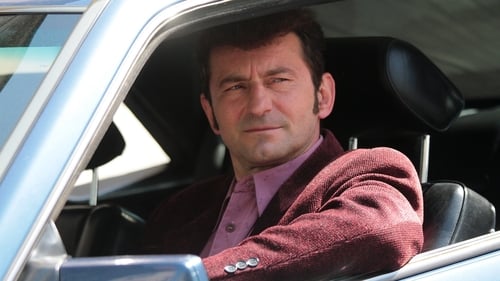
Screenplay
Godfather's story is the story of the greatest of Czech post-revolutionary 'entrepreneurs'. His activities often crossed the edge of the law, and his life ended bullet assassin.

Director
Godfather's story is the story of the greatest of Czech post-revolutionary 'entrepreneurs'. His activities often crossed the edge of the law, and his life ended bullet assassin.
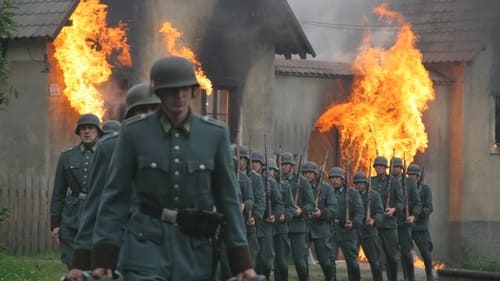
Director
Czechoslovakia, 1941. As the war continues, Reich Protector Reinhard Heydrich arrives in Nazi-occupied Prague and establishes a regime of terror that will force freedom fighters to act. But the price to pay will be too high.

Director

Director
Píše se 13. století. Království českému a markrabství moravskému vládne Přemysl Otakar II. Na zásnuby, které mají usmířit znesvářené rody pánů z Dubé a z Vartemberka, vysílá král svého zástupce v severních Čechách, správce královského hradu Bezdězu, Oldřicha z Chlumu (Karel Roden). Cestou na hrad najdou Oldřich a jeho pomocníci (Jan Dolanský, David Matásek) stopy po loupežné vraždě neznámého kupce. Na vartemberském panství se Oldřich setkává s Ludmilou (Klára Issová), dcerou Markvarta z Vartemberka, kterou zná od jejího dětství. Ludmila se mu svěří, že se nechce vdát za Beneše z Dubé (David Prachař), přestože jejich svatba je podmínkou křehkého míru mezi oběma rody. Během slavnostní hostiny, pořádané na Oldřichovu počest, je zavražděn purkrabí (Miloš Vávra). Podezření padne na loutnistu (Saša Rašilov), jehož snoubenku se purkrabí pokusil zneužít.

Screenplay
Píše se 13. století. Království českému a markrabství moravskému vládne Přemysl Otakar II. Na zásnuby, které mají usmířit znesvářené rody pánů z Dubé a z Vartemberka, vysílá král svého zástupce v severních Čechách, správce královského hradu Bezdězu, Oldřicha z Chlumu (Karel Roden). Cestou na hrad najdou Oldřich a jeho pomocníci (Jan Dolanský, David Matásek) stopy po loupežné vraždě neznámého kupce. Na vartemberském panství se Oldřich setkává s Ludmilou (Klára Issová), dcerou Markvarta z Vartemberka, kterou zná od jejího dětství. Ludmila se mu svěří, že se nechce vdát za Beneše z Dubé (David Prachař), přestože jejich svatba je podmínkou křehkého míru mezi oběma rody. Během slavnostní hostiny, pořádané na Oldřichovu počest, je zavražděn purkrabí (Miloš Vávra). Podezření padne na loutnistu (Saša Rašilov), jehož snoubenku se purkrabí pokusil zneužít.
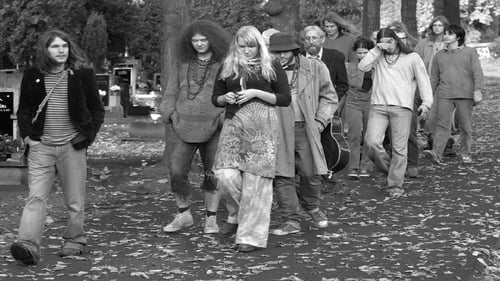
Director
"Sex, drugs and rock and roll", not in the West but in a Communist police state - Soviet-occupied Czechoslovakia of the 1970s . Anti-hero Olin, 21, has just left a mental hospital, after having slashed his wrists to dodge military service. His prominence in the underground scene of youthful revolt makes him an increasing target for the forces of order. Eventually he is on the run, determined to cross the frontier to the "West" he dreams of.
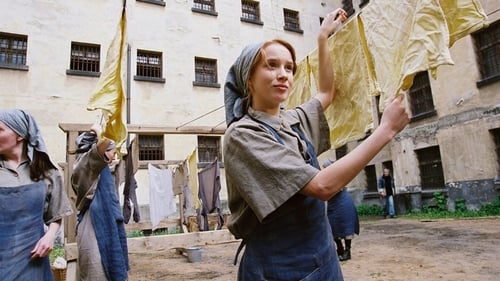
Director
A Little Piece of Heaven tells a story of love, friendship, and solidarity, aspects of life that allows us to live with dignity even at the most difficult of times. Set within the walls of a Communist prison of the 1950s, a tale unfolds of a young couples' fragile love. An angry young man Lubos always felt defiance toward everything around him, and eventually this trait lands him in court. The verdict is clear and the punishment long and hard. But even in prison Lubos is unable to tame his love of jazz or the eternally blazing flame of rebellion he carries inside. There is no place on earth where love cannot grow. Lubos meets Dana in prison. Out of solidarity and support, their fellow prisoners hatch a small rebellion to help them fulfill their love - a love which has appeared in the wrong place at the wrong time.

Director
Black comedy about three old friend, who rent a tomb.

Director
Capturing the dark humor of Czech author Michal Viewegh's chronicle of life after the Velvet Revolution, this black comedy chronicles three decades in the life of a small Czech family. While the original novel centered on the protagonist Kvido from his conception through his adulthood, first time director Petr Nikolaev and screenwriter Jan Novak changed the focus to his parents Milena, an extremely self-effacing lawyer who acts on stage in her spare time, and Ales, a rather aimless government worker who tends to drift wherever the wind takes him. The lives of Ales and Milena change dramatically following the Russian invasion of Prague in 1968.










